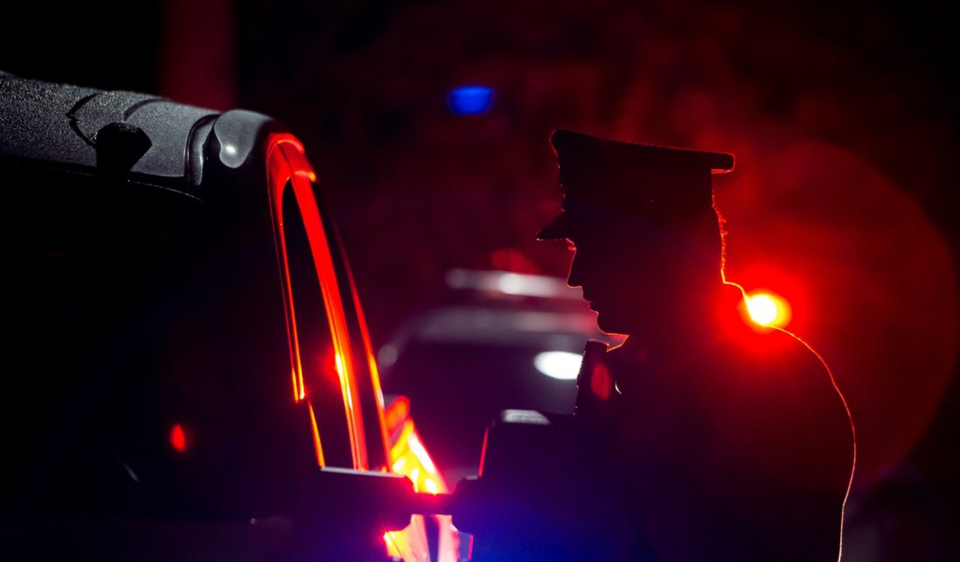A B.C. man ticketed for careless driving has won a second chance to argue his innocence after he missed a court date for allegedly being sick — his lawyer arguing it’s unfair to require a doctor’s note due to the province’s doctor shortage.
A police officer ticketed Marcin Stoklosa June 28, 2024, for careless driving on a B.C. highway.
Stoklosa missed his chance to dispute the ticket Dec. 4, and when he didn’t appear, Judge Robert Lesperance deemed the man to have pleaded guilty. Stoklosa petitioned to have a second hearing only to have Lesperance once again turn him down on Jan. 23, 2025.
In a second appeal to the B.C. Supreme Court, the man’s lawyer argued that Lesperance’s decision presumes that a person can and should visit a physician for every illness — and therefore, be able to produce a doctor’s note.
Stoklosa’s lawyer argued that such an expectation is unrealistic and unfair because many British Columbians lack a family doctor, and unless they’re dangerously ill, often stay home to rest and take medication.
In her review of the decision, Justice Sheila Tucker said that while she did not agree Lesperance had explicitly required a physician’s note in his ruling, the initial ruling was unclear and therefore “problematic.”
Tucker said she was unable to say whether the judge arrived at the initial conclusions through a rational chain of analysis and reasonable reasoning process.
The justice quoted a federal court case involving a Syrian family who claimed to be fleeing persecution but had their application for permanent residence rejected because of doubts about their credibility.
“Was it that they failed to demonstrate they lived in Lebanon, or that they failed to satisfy the officer that they had fled Syria because of persecution as Christians?” wrote the judge in that case.
“The decision is not clear. In this respect, this is an example of a decision that may be justifiable, but is not justified — and according to [court precedent], that makes the decision unreasonable.”
Lesperance’s reasons were “similarly unclear,” ruled Tucker. The justice remitted the case back to the provincial court for reconsideration under another judge.


